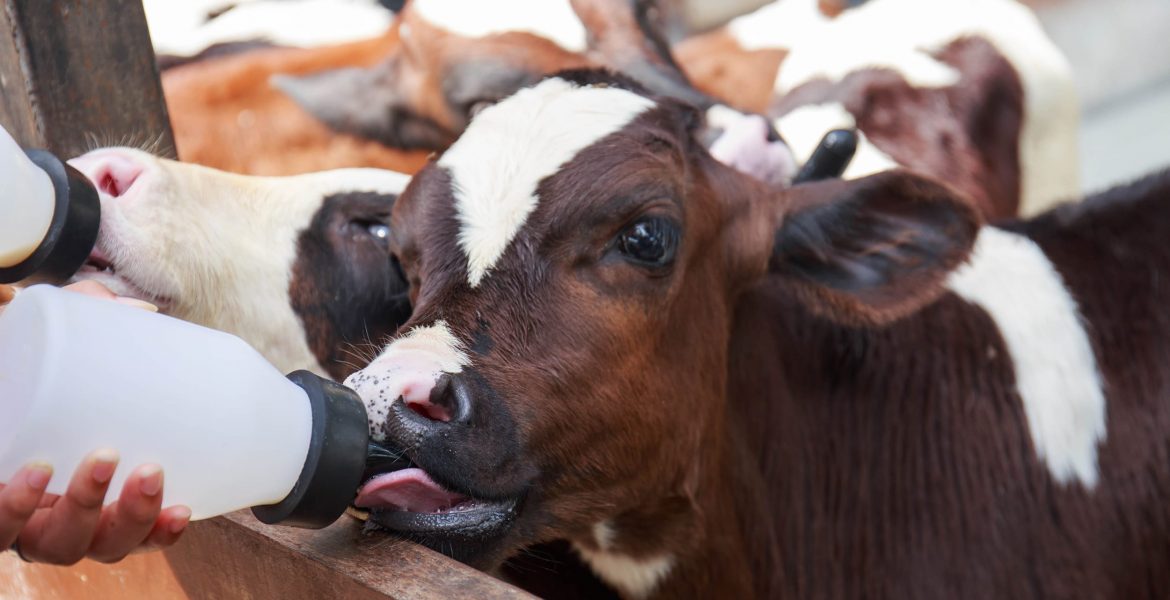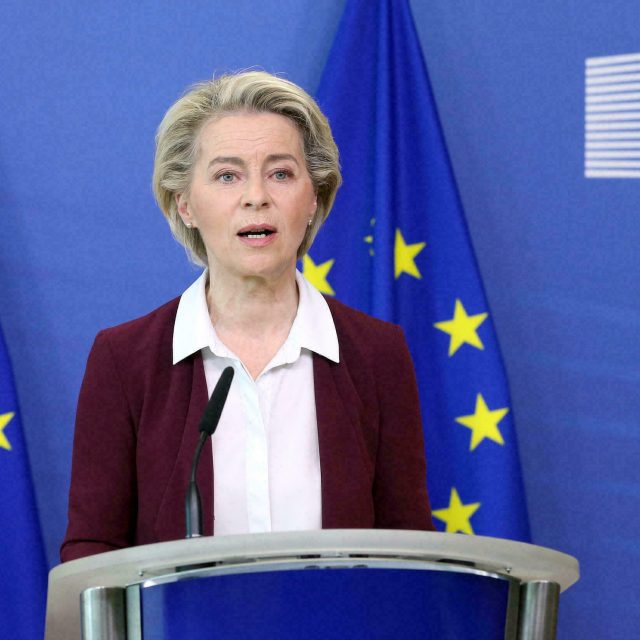The European Commission has released a report of the public consultation in the context of the revision of the animal welfare legislation.
“These results serve as additional confirmation of what EU citizens have been repeatedly calling out loud. We sincerely hope this clear demonstration of compelling public interest will serve as driver of ambition for the undergoing revision of the animal welfare legislation.” said Olga Kikou, Head of Compassion in World Farming EU. “Citizens’ unequivocal concern conveys the urgent need for action, pressing the EU institutions to proceed without delay with the proposed reforms.” she concluded.
It is evident from the analysis of the results that an overwhelming majority of respondents consider the current EU animal welfare legislation as not fit to ensure adequate and uniform protection of all farmed animal species. This doesn’t come as a surprise. Citizens have, in fact, expressed similar views in polls and consultations initiated by the EU Commission and its related services.
The consultation revealed that respondents did not feel sufficiently informed about the conditions under which animals are farmed in the EU, with information on this matter being at times too complex for consumers to understand.
This can be explained by the idealized animal farming images that are commonly presented to consumers by the industry for the sake of increasing profits. Images of happy cows, pigs and chickens enjoying the sun and the open air on a spring day in a sprawling grassy field do not reflect the reality experienced by most farmed animals in the EU.
Meanwhile, those few consumers who are “unlucky” enough to be exposed to the hard truth of how the majority of the animal products ending up on their plates are produced, realise how hard it is to get clear information on what to pick among the products available on the supermarket shelves.
The results addressing animal welfare during transport revealed citizens’ demands to ban live exports to third countries, introduce maximum journey times and prohibit transport of vulnerable animals.
After all, these asks, have repeatedly emerged in innumerable petitions and public demonstrations on the matter. Will this additional display of citizens’ concerns be reflected in the upcoming legislation? One can certainly hope that this will be the case.
On the cages front, the consultation outcomes indicated that the vast majority of respondents (93%) envisions a transition period of maximum 5 years, while the farming industry prefers to extend this to 15 years. On this matter, it is particularly important to consider the results of the report, that pragmatically addresses the key financial mechanisms to swiftly implement the transition to cage-free farming.
Furthermore, additional data demonstrated how the current EU animal welfare requirements are not easily applicable and that it is unclear how these should be applied.
Responses to this public consultation came both from EU and non-EU citizens, but also from businesses, consumers, NGOs and environmental organisations, all understanding the importance of the revision of the legislation, as animal welfare is the cornerstone of both food security and sustainability.




